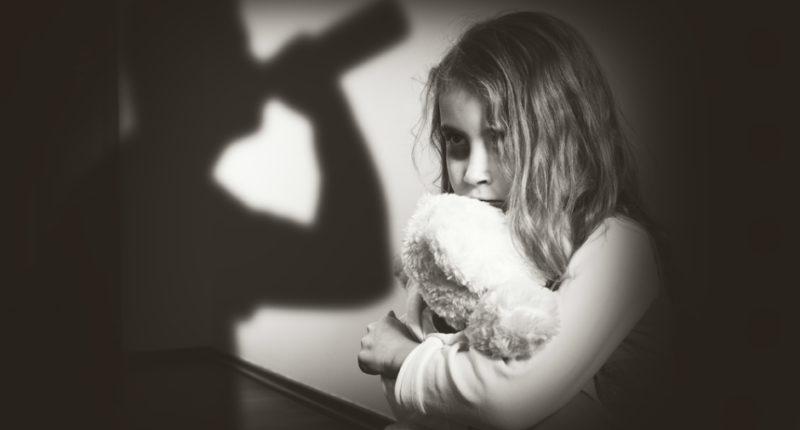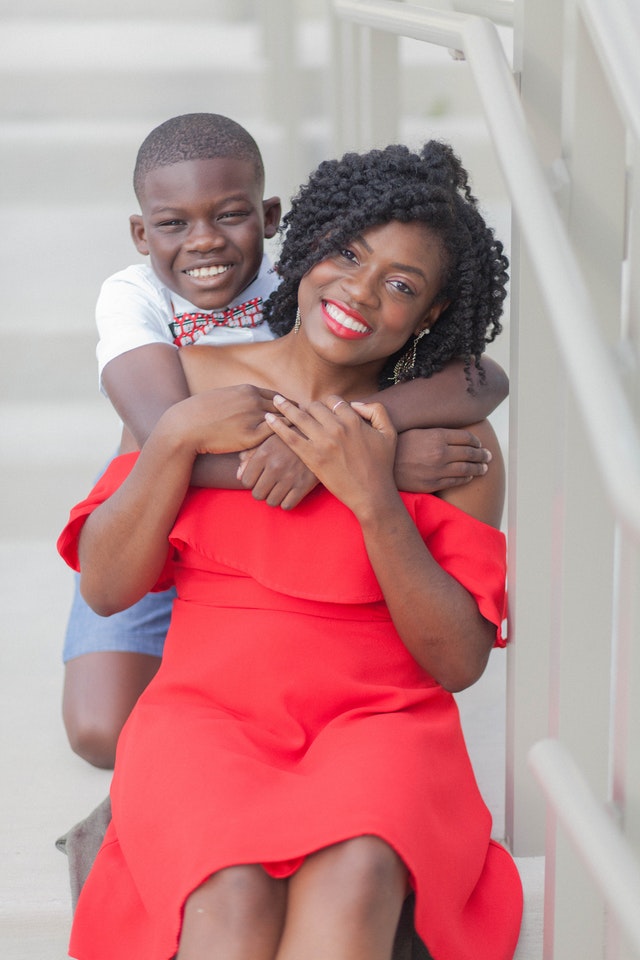Childhood trauma’ It is estimated that 60% of adults have experienced some type of trauma in their childhood. This can include neglect, physical abuse, sexual abuse, emotional abuse, or even witnessing violence. Unfortunately, many of these adults never get the help they need to deal with these issues. As a result, they may struggle with mental health problems, addiction, relationship difficulties, and more. In this article, we’ll explore how childhood trauma can affect your life as an adult and what you can do to get help.
Description of childhood trauma
Many adults who experienced childhood trauma struggle with its effects every day. The trauma can cause physical and emotional problems that disrupt their lives and damage their relationships.
Childhood trauma can have a lasting impact on your health and well-being. It can increase your risk for developing mental health problems, substance abuse problems, and chronic health conditions. The good news is that there are things you can do to heal the hurt from your past and live a healthy, happy life.
If you’re struggling with the effects of childhood trauma, please reach out for help. There are many resources available to support you on your journey to healing.
How it affects your life as an adult
childhood trauma can have a profound and long-lasting impact on every aspect of a person’s life. It can affect your physical health, mental health, and overall well-being. It can also impact your relationships with family and friends, and your ability to function at work or school.
The effects of childhood trauma can be both immediate and long-term. They can manifest in physical, mental, and emotional ways. You may have trouble sleeping, become easily agitated or angered, have flashbacks or intrusive thoughts, or feel constantly on edge. These symptoms can make it difficult to live a normal, productive life.
If you experienced childhood trauma, it’s important to seek help from a therapist or other mental health professional who can help you address the issue. With treatment, you can learn to manage the symptoms of trauma and begin to heal the wounds of your past.
How it affects your family
If you grew up with trauma in your life, it can have a profound impact on your family dynamics. Many people who suffer from childhood trauma go on to lead successful, happy lives, but the effects of their trauma can still be felt by those closest to them. Here are some ways that childhood trauma can affect your family:
1. You may have difficulty trusting people.
If you grew up with a traumatic experience, it can be difficult to trust people, even those who are close to you. This can make it difficult to maintain healthy relationships with your family members.
2. You may feel like you need to protect your loved ones.
Many people who have experienced childhood trauma feel like they need to protect their loved ones from experiencing the same thing. This can lead to you becoming overprotective of your family members and not allowing them to experience life for themselves.
3. You may have difficulty being emotionally open.
It can be difficult to share your emotions with your family if you’ve experienced childhood trauma. You may feel like you need to keep your emotions bottled up in order to protect yourself and those around you. This can make it difficult to connect with your loved ones on a deeper level.

causes of childhood trauma
There are many potential causes of childhood trauma. Some children experience trauma because of abuse or neglect from their caregivers. Others may witness violence or other traumatic events. Still others may have medical procedures or experience other types of traumas that are beyond their control.
No matter the cause, childhood trauma can have a profound and lasting impact on a person’s life. It can lead to physical and mental health problems, social and relationship difficulties, and even problems at work or in school. If you experienced childhood trauma, it is important to seek help from a therapist or counselor who can help you heal and move forward in your life.
symptoms
Symptoms of unresolved childhood trauma can manifest in many ways in adulthood. Some common symptoms include:
• Hard trusting others, The feeling of being isolated and alone, difficulty maintaining healthy relationships, chronic low self-esteem, feelings of guilt and shame, Inability regulating emotions, impulsive and/or risky behaviors.
If you are experiencing any of these symptoms, it is important to seek professional help. Trauma can be a very difficult thing to deal with on your own. A therapist can help you work through your trauma and start to heal.
How to deal or Heal From childhood trauma
There are many ways to deal with or heal from childhood trauma. The most important thing is to understand that the trauma is not your fault and that you are not alone. There are many people who have gone through similar experiences and have come out the other side. There are also many resources available to help you heal, including therapy, support groups, and self-help books. It is important to find what works for you and to be patient with yourself. Healing takes time, but it is possible.
Childhood trauma is any kind of traumatic experience that happens during childhood. This can include physical, emotional, or sexual abuse, neglect, witnessing violence, or losing a parent or loved one. Unfortunately, childhood trauma is all too common. In fact, according to the National Child Traumatic Stress Network (NCTSN), about 60% of children in the United States have experienced at least one traumatic event by the time they reach adulthood.
While it’s impossible to erase the pain of childhood trauma, there are things we can do to heal the wounds and learn to cope with the aftermath. First and foremost, it’s important to seek professional help if you’re struggling to cope with your trauma. A therapist can help you work through your emotions and start to piece your life back together.
If you’re struggling with the effects of childhood trauma, there are things you can do to start healing. First, it’s important to understand that your experience is valid. No one deserves to go through trauma, and it’s not your fault. Second, reach out for support from people who care about you. Talk about your experiences with them, and allow yourself to be vulnerable. Third, give yourself time and space to heal. Don’t expect to feel better overnight; it takes time to work through trauma. Finally, consider seeking professional help if you’re struggling to cope on your own. A therapist can provide support and guidance as you work through your experiences.
In addition to therapy, there are also some self-help measures you can take to begin your healing journey. Writing about your experiences can be cathartic and help you make sense of what happened. Reading books or articles about other people








